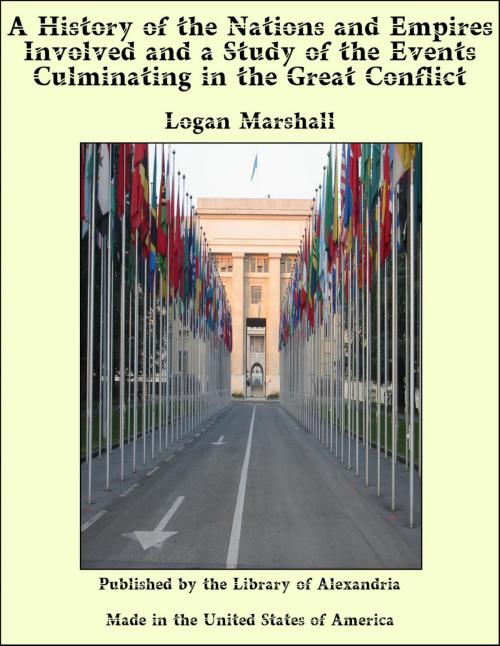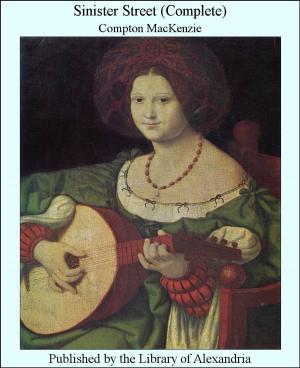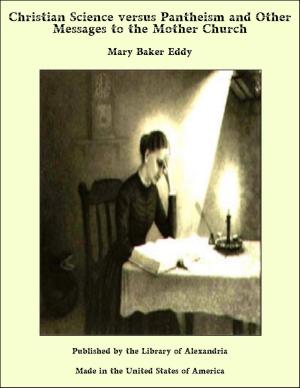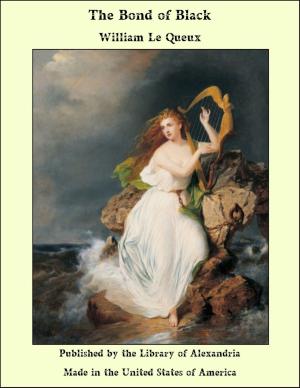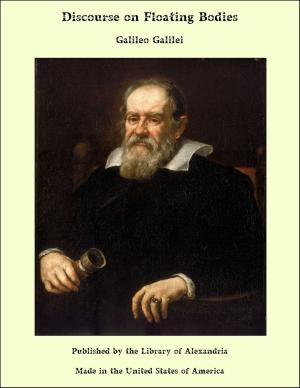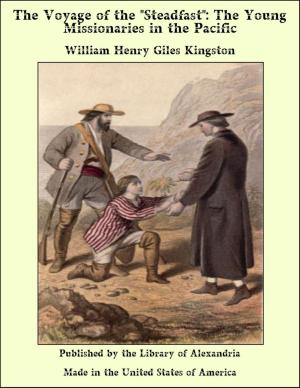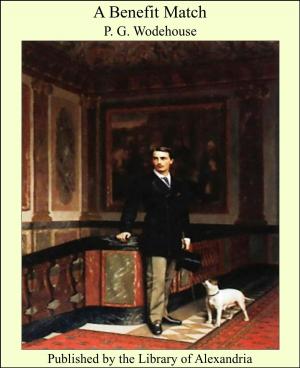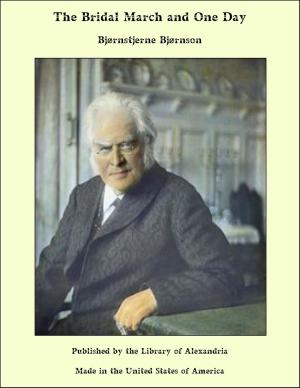A History of the Nations and Empires Involved and a Study of the Events Culminating in the Great Conflict
Nonfiction, Religion & Spirituality, New Age, History, Fiction & Literature| Author: | Logan Marshall | ISBN: | 9781465581426 |
| Publisher: | Library of Alexandria | Publication: | March 8, 2015 |
| Imprint: | Language: | English |
| Author: | Logan Marshall |
| ISBN: | 9781465581426 |
| Publisher: | Library of Alexandria |
| Publication: | March 8, 2015 |
| Imprint: | |
| Language: | English |
When the people of the United States heard the news of the assassination of Archduke Francis Ferdinand, heir to the throne of Austria-Hungary, and his wife in Sarajevo, Bosnia, on June 28, 1914, it was with a feeling of great regret that another sorrow had been added to the many already borne by the aged Emperor Francis Joseph. That those fatal shots would echo around the world and, flashing out suddenly like a bolt from the blue, hurl nearly the whole of Europe within a week's time from a state of profound peace into one of continental war, unannounced, unexpected, unexplained, unprecedented in suddenness and enormity, was an unimaginable possibility. And yet the ringing of the church bells was suddenly drowned by the roar of cannon, the voice of the dove of peace by the blare of the trump of war, and throughout the world ran a shudder of terror at these unwonted and ominous sounds.
When the people of the United States heard the news of the assassination of Archduke Francis Ferdinand, heir to the throne of Austria-Hungary, and his wife in Sarajevo, Bosnia, on June 28, 1914, it was with a feeling of great regret that another sorrow had been added to the many already borne by the aged Emperor Francis Joseph. That those fatal shots would echo around the world and, flashing out suddenly like a bolt from the blue, hurl nearly the whole of Europe within a week's time from a state of profound peace into one of continental war, unannounced, unexpected, unexplained, unprecedented in suddenness and enormity, was an unimaginable possibility. And yet the ringing of the church bells was suddenly drowned by the roar of cannon, the voice of the dove of peace by the blare of the trump of war, and throughout the world ran a shudder of terror at these unwonted and ominous sounds.
